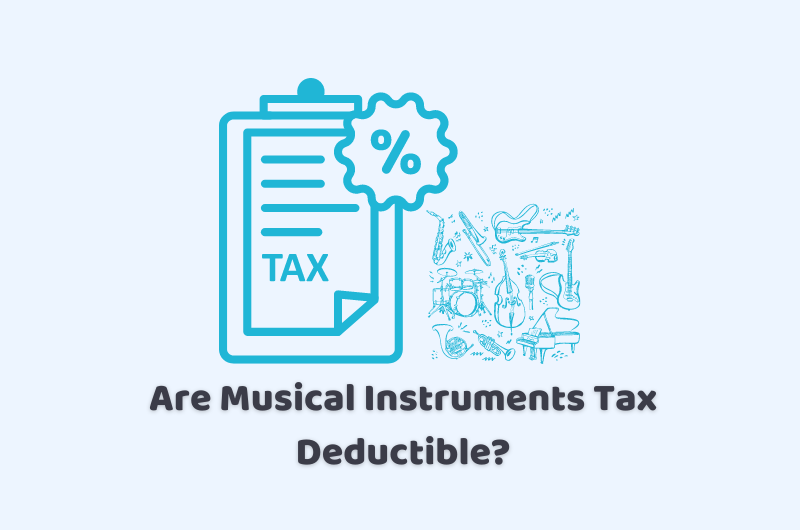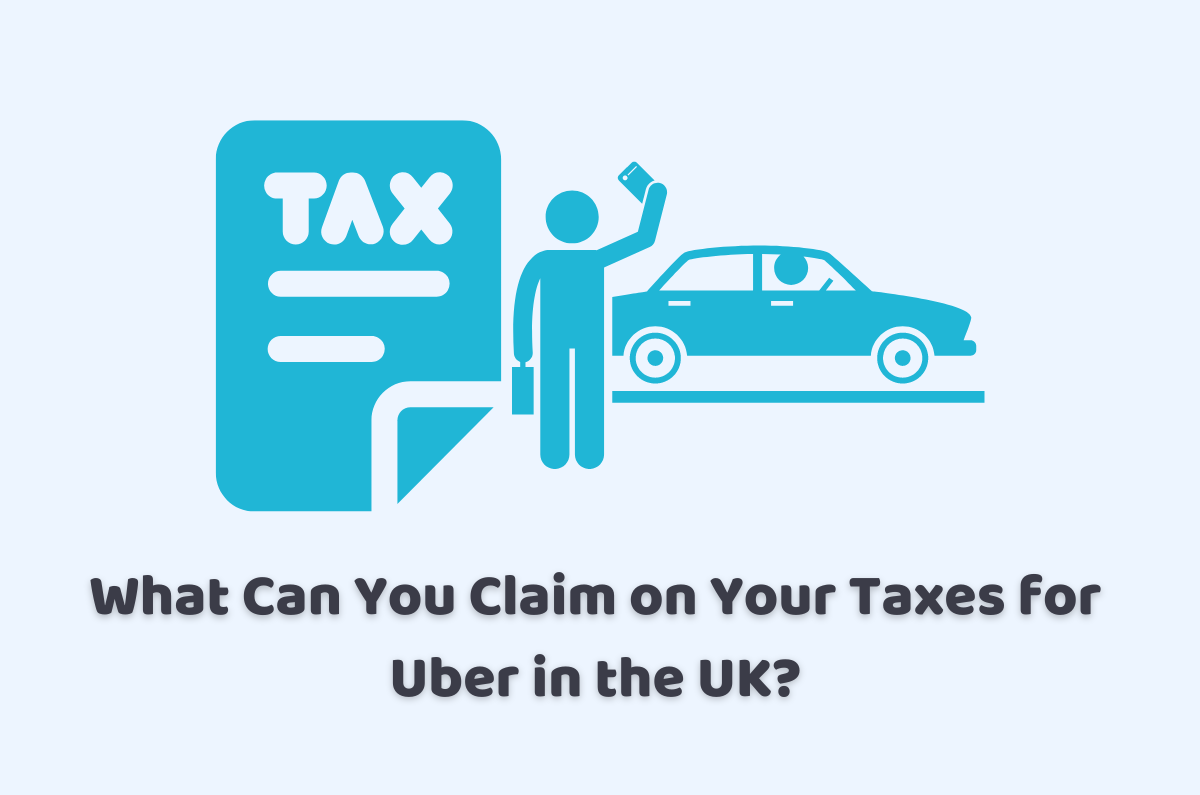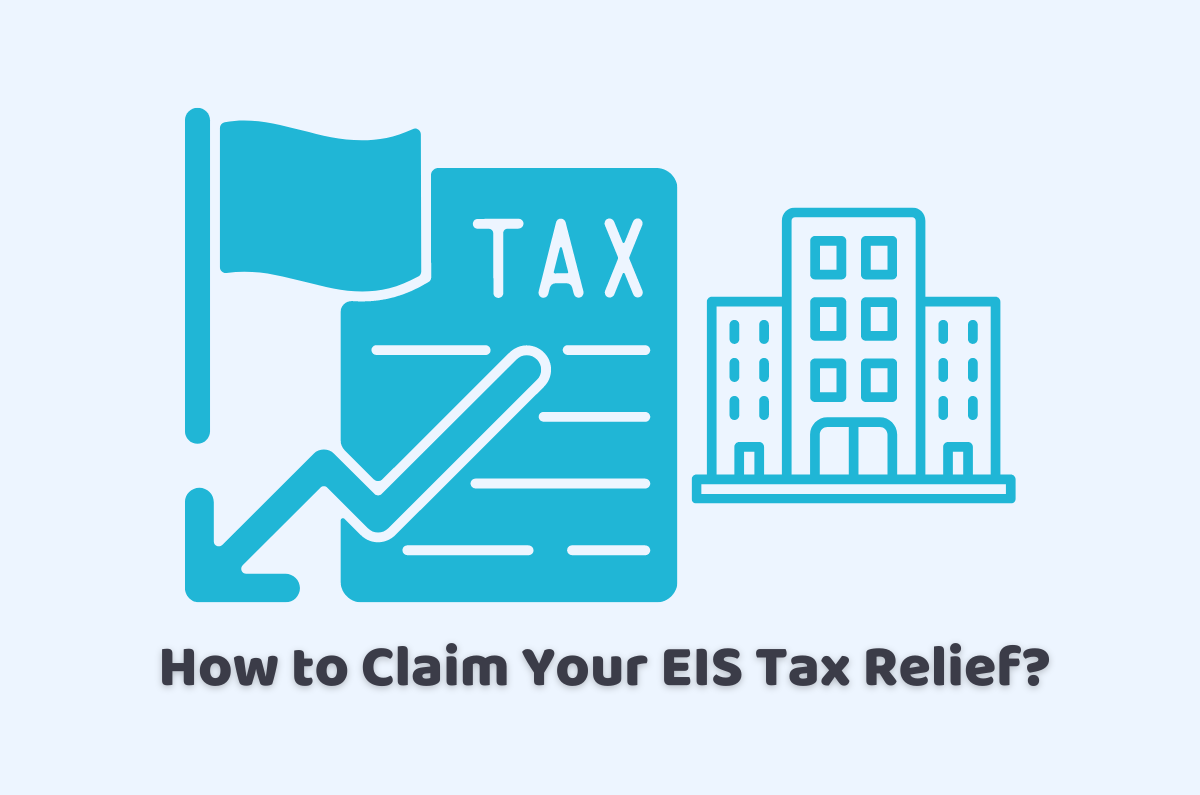
28/02/2024tax
Are musical instruments tax deductible? In the UK, musicians can take advantage of various tax deductions to offset the cost. This is off their musical equipment, repairs, and production equipment. These tax deductions can help reduce the tax bill that musicians owe and make it easier to pursue their musical careers.
In this discussion, we have explored the various types of musical equipment and production equipment that can be deducted. Including musical instruments, repairs to those instruments, and production equipment for audio and visual recording and mixing.
We have also guided how musicians can calculate their tax deductions and what to do if they owe additional tax or require a tax refund. Musical instruments and equipment can be expensive. There are a range of options available to musicians who are looking for ways to offset these costs. It’s essential to carefully consider tax deductions when purchasing or repairing musical equipment.
Through careful planning and proper record-keeping, musicians can save significant amounts of money on their tax bills, and invest more in their music careers. Ensure that musicians are making the most of their tax deductions and can plan for the future.
Talk to our best accountants and bookkeepers in the UK at CruseBurke. You will get instant help about are musical instruments tax deductible.
Are Musical Instruments Tax Deductible?
Under UK tax rules, most musical instruments and other items of musical equipment can be tax deductible. If they are primarily used in, or in connection with, the person’s trade, profession, or occupation as a musician.
To qualify for tax deductions, the individual must operate as a musician. Have a trade or profession as a musician, and the musical instruments or equipment must be used primarily in, or in connection with, that trade or profession.
Some musical equipment items may not be tax deductible, such as items primarily used for leisure or personal use. Additionally, individuals must keep proper records to support their claim for deductions. Including proof of purchasing the items, proof of using them for their musical activities, and evidence that they were used primarily for their trade or profession.
Are Repairs Considered in This Regard?
Yes, repairs to musical instruments can be tax deductible under the same rules as the purchasing of the instruments themselves. It’s also important to note that the cost of repairs is subject to the same annual cost cap as the cost of purchasing musical equipment.
Furthermore, if the cost of the repairs exceeds the annual cap of £10,000, the individual will need to claim the cost as capital expenditure. Rather than as a business expense. For specific tax guidance on the deductibility of repairs to musical instruments and other musical equipment, get the proper guidelines.
Can I Claim Back Expenses on Production Equipment?
To claim back expenses on production equipment used in music production, you will need to keep records of your expenses. These items should be kept in order, and any additional costs such as delivery and set up should also be recorded.
Furthermore, you will need to show evidence of how the equipment is used in your work as a musician and that it is primarily for your trade. You can use the expenses to claim tax relief on the VAT that is due on production equipment and can also use them to claim the cost of the equipment. As well as any additional costs.
You will also need to ensure that you meet the requirements. Such as completing self-assessment tax returns to claim back the expenses. Ensure that you understand the tax rules and regulations, and how they apply to your situation. Consider that if you’re running a limited company, you may need to claim your expenses for production equipment as business expenses. Not through your personal tax returns, and you will need to keep different records for that.
What If I’m Part of a Band?
If you are part of a band or a group of musicians, you may still be eligible to claim tax deductions. For the musical equipment, repairs, and production equipment that you use primarily in, or in connection with, your trade or profession as a musician.
However, it’s essential to talk to a tax professional for specific tax guidance for your particular situation. As being part of a band can change the tax rules that apply to you. For example, if you are a sole trader, you can claim tax deductions for the cost of buying or renting musical equipment, repairs, and production equipment.
If you are a member of a partnership or a limited company, you may need to claim the costs as part of your business rather than as a personal deduction. Keep proper records to support your claim for deductions. Including proof of purchasing the items, proof of using the items for your musical activities, and evidence that the items were used primarily for your trade or profession.
How Do You Calculate the Tax You Owe?
To calculate the tax you owe after knowing the deductible tax, you will need to complete a self-assessment tax return.
Here are the steps you should follow:
1. Gather all the necessary information and documents. Including receipts and invoices for your deductible expenses, your income and other deductions, and any other relevant information.
2. Use HMRC online tax return software to complete your return. This will guide you through the process of entering all the necessary information. This will also provide you with an estimated tax bill based on what you owe.
3. If you are due to receive a tax refund, this will be paid into the bank account you provide in your self-assessment return. If you owe additional tax, you will have to make a payment to HMRC.
4. It’s important to note that you may also be required to pay interest on any tax outstanding if you do not pay it by the deadline.
Complete a tax return accurately and on time and seek help if you need it. You can get it from an accountant, or contact HMRC for guidance on completing your return.
The Bottom Line
To conclude the discussion based on are musical instruments tax deductible. We can say that the tax rules for musical instruments and equipment can be complex. However, with proper guidance and advice, musicians can understand and take advantage of the available tax benefits. Individual musicians operating as sole traders, partners, or as part of a limited company, may be eligible to claim tax deductions.
This is for musical instruments and equipment, repairs and production equipment, that they use primarily in, or in connection with, their trade or profession. Support your claim for deductions, including proof of purchasing the items, and proof of using the items for your musical activities. Also, the evidence that the items were used primarily for your trade or profession.
Are you seeking professional help to know whether are musical instruments tax deductible in the UK? Why not get help from the experts at the CruseBurke?
Disclaimer: The information about whether musical instruments are tax deductible provided in this blog includes text and graphics of general nature. It does not intend to disregard any of the professional advice.



